lymphocytic colitis in cats
LP gastroenteritis is characterized by a diffuse infiltration of lymnphocytes and plasma cells into. Lymphocytic-plasmacytic colitis was diagnosed in 6 cats.

Dealing With Ibd Valley Cats Inc
Environmental dietary and immune-system factors likely also play a role in disease development.
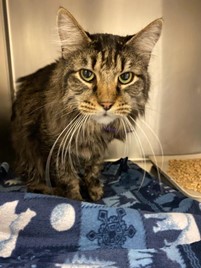
. Purebred cats were affected significantly P 0001 more often than were nonpurebred cats. It is thought to be caused by an abnormal immune response to environmental stimuli due to loss of normal immune regulation. In lymphocytic colitis specifically the tissues and lining of the colon are of normal thickness but.
Owners sought veterinary care because of semiformed -to-liquid feces tenesmus fresh blood andor mucus in the feces or increased frequency of defecation in their cats. Young to middle-aged cats 50 are under 4 years old. Weight loss Belly pain Bloating Dehydration Nausea Fatigue or weakness Joint pain Not being able to control a bowel movement.
As the name suggests microscopic colitis can only be diagnosed by examining a small sample of colon tissue under a microscope. Although some patients with LPE may have no clinical signs some may have life threatening manifestations. Six cats were male and 8 were female.
Lymphocytic-plasmacytic gastroenteritis is an inflammatory bowel disease in which lymphocytes and plasma cells antibodies enter the lining of the stomach and intestines. Women tend to develop the. Persians are often predisposed.
Currently metronidazole at a dose of 1525 mgkg orally once or twice daily for seven days is recommended. Lymphocytic-plasmacytic colitis is the most common form of colitis in both the dog and cat. The signs and symptoms can vary in intensity and frequency but generally cats exhibit signs of disease intermittently at first with the frequency.
Hematochezia observed in 13 cats was the most commonly reported sign. Lymphocytic leukemia in short and simple terms is a cancer that starts in the bone marrow and quickly spreads to other areas of the body. Lymphocytic colitis is a form of inflammatory bowel disease IBD.
In cats Giardia lives in the lower small intestine dogs in upper intestine and signs can often be associated with colitis-like large bowel signs. Protozoa - Giardia trichomonas. However lymphocytic cholangitis does not progress to biliary cirrhosis.
Although colitis is most frequently diagnosed in dogs it is becoming increasing common in cats. It is rarely associated with pancreatitis compared to Cholangitis Neutrophilic. While most cats with lymphocytic plasmacytic gastroenteritis are middle-aged this disease has been diagnosed in cats as young as 5 months.
Purebred cats were affected significantly P 0001 more often than were nonpurebred cats. Signs vary greatly in type severity and frequency. Six cats were male and 8 were female.
It is a rare disorder characterized by chronic episodes of watery diarrhea and abdominal pain. Frequent watery stools which may contain blood or mucus loss of appetite vomiting dehydration lethargy abdominal pain. There may be an association between colitis in dogs and perianal fistulas especially in the German shepherd dog whereas purebred cats are affected more often than non-purebred cats.
It leads to episodes of watery diarrhea and belly pain. Mean age at onset of clinical signs was 51 years range 05 to 9 years. Lymphocytic-Plasmacytic Gastroenteritis in Cats.
Canine lymphocytic-plasmacytic gastroenteritis LP is one disease in a group of idiopathic chronic intestinal diseases collectively termed inflammatory bowel disease IBD and is considered to be the most common cause of chronic vomiting and diarrhea in dogs. Lymphocytic-plasmacytic colitis was diagnosed in 6 cats. Lymphocytic colitis is form of microscopic colitis a condition that is characterized by inflammation of the colon large intestines.
In one study cats were initially treated with dietary fiber or with dietary fiber and pharmacologic intervention prednisone tylosin or. The treatment of choice for years has been metronidazole. Idiopathic - perhaps immune-mediated response to antigens such as bacteria or diet eg lymphocytic-plasmacytic colitis.
Lymphocytic-plasmacytic colitis in the cat. Lymphocytic plasmacytic infiltration in the colonic lamina propria was found on colon biopsies. Cats with lymphocytic-plasmacytic colitis may respond to dietary management alone eg lamb and rice horsemeat or a commercially available diet.
An immune-mediated aetiology has been postulated but this has not been substantiated to date. Lymphocyticplasmacytic colitis was diagnosed in 14 cats during a 5-year period. What to Watch For.
The liver and spleen are usually the first organs affected. Whipworms in cats are rare and usually asymptomatic. Lymphocyticplasmacytic colitis was diagnosed in 14 cats during a 5-year period.
In cats in particular the pressure on the colon can sometimes lead to vomiting as well. Journal of the American Veterinary Medical Association 184 9 1133-1135. Large intestinal disease and more especially colitis is a commonly seen problem in small animal practice.
The etiology of colitis is not known but there is general agreement that an immune-mediated response to luminal antigen is involved. Mean age at onset of. Lymphocytic cells or certain types of white blood cells become misshapen and cancerous and speed the progress of the disease.
The most common symptoms of colitis are diarrhea often bloody or slimy with mucus and abdominal pain. Other symptoms of lymphocytic colitis may include. Lymphocytic colitis is a condition that affects your large intestine.
Lymphocytic-plasmacytic colitis in the cat. Owners sought veterinary care because of semiformed -to-liquid feces tenesmus fresh blood andor mucus in the feces or increased frequency of defecation in their cats. Weight loss especially in cats dehydration especially if the diarrhea is very watery and lethargy are commonly associated with colitis as well.
It is most common in middle aged and older animal. Lymphocytic plasmacytic infiltration in the colonic lamina propria was found on colon biopsies. Key points about lymphocytic colitis.
Lymphocytic plasmacytic enteritis is seen in both dogs and cats and is seen in all ages. Symptoms of lymphocytic colitis include watery diarrhea belly pain and fatigue. Bacterial and viral infections certain medicines or certain foods may trigger lymphocytic colitis in some people.
There are several causes of colitis in cats which include infection food allergy or intolerance parasites pancreatitis cancer dietary indiscretion and stress.
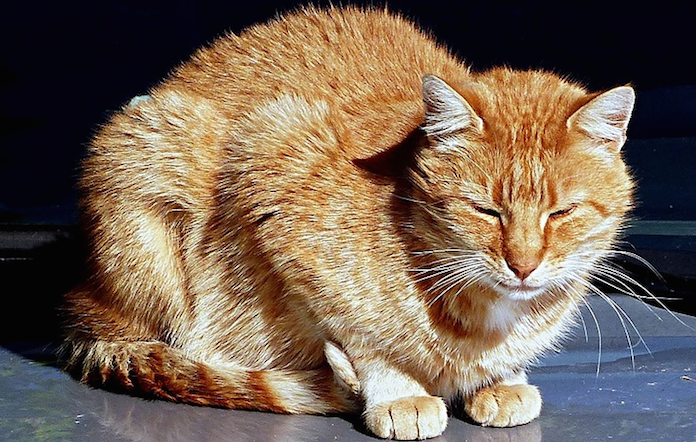
Inflammatory Bowel Disease In Cats Little Big Cat
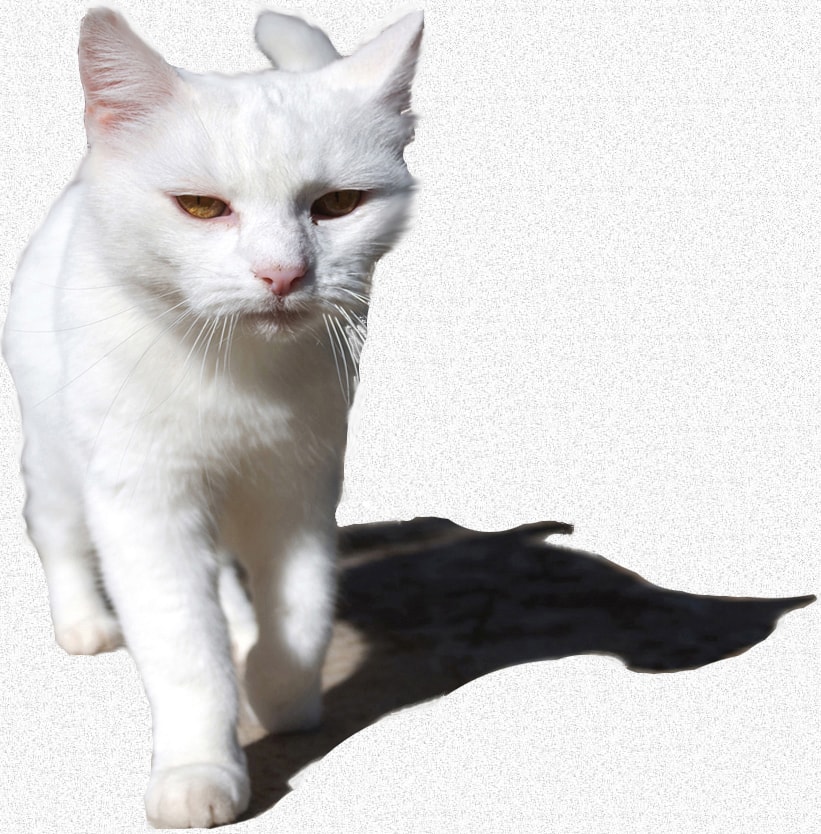
Inflammatory Bowel Disease In Your Cat

Inflammatory Bowel Disease In Cats Natural Treatment

Inflammatory Bowel Disease In Cats Natural Treatment

Inflammatory Bowel Disease Ibd One Health Institute

Pdf Cat Scratch Colon An Endoscopic Finding Suggesting Collagenous Colitis
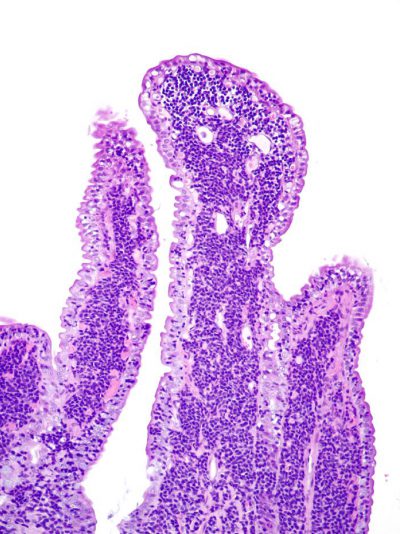
Differentiating Feline Intestinal Lymphoma From Inflammatory Bowel Disease Ibd College Of Veterinary Medicine At Msu

Chronic Pancreatitis In Cats Today S Veterinary Practice

What Is Inflammatory Bowel Disease In Cats Canna Pet
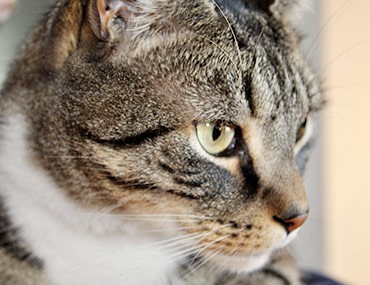
Feline Colitis An Infection In The Colon
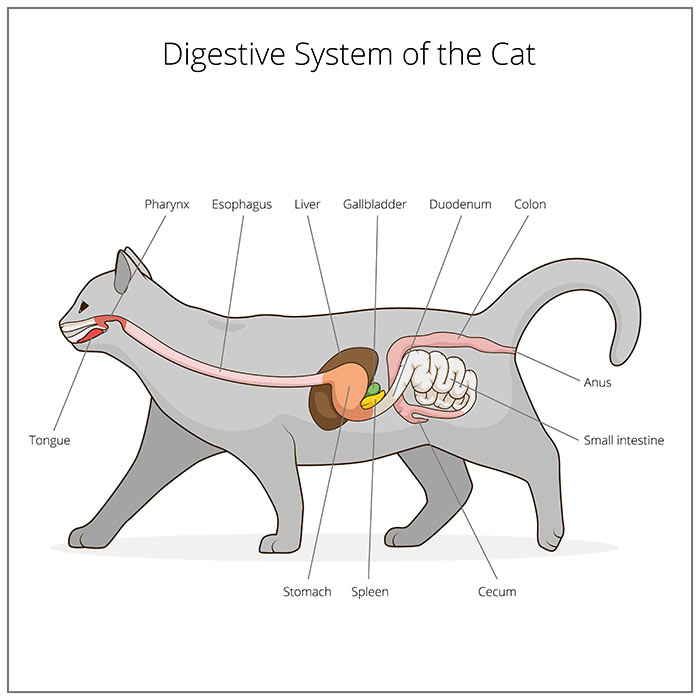
Colitis In Cats What It Is Symptoms Causes Treatment

Inflammatory Bowel Disease In Dogs And Cats The Veterinary Nurse

Inflammatory Bowel Disease In Cats

The Role Of The Microbiota In Feline Inflammatory Bowel Disease Abstract Europe Pmc

Inflammatory Bowel Disease In Cats Natural Treatment
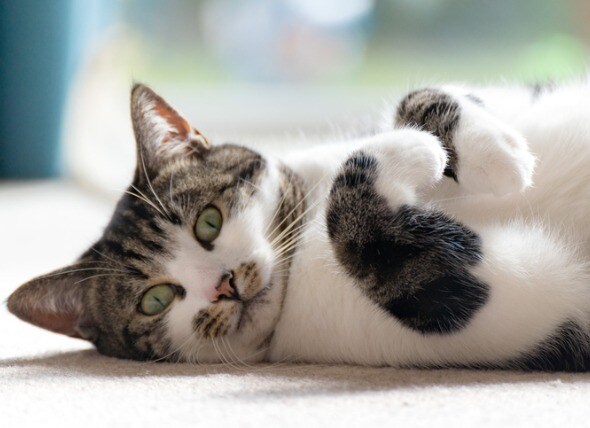
Inflammatory Bowel Disease Due To Lymphocytes And Plasma In Cats Petmd
